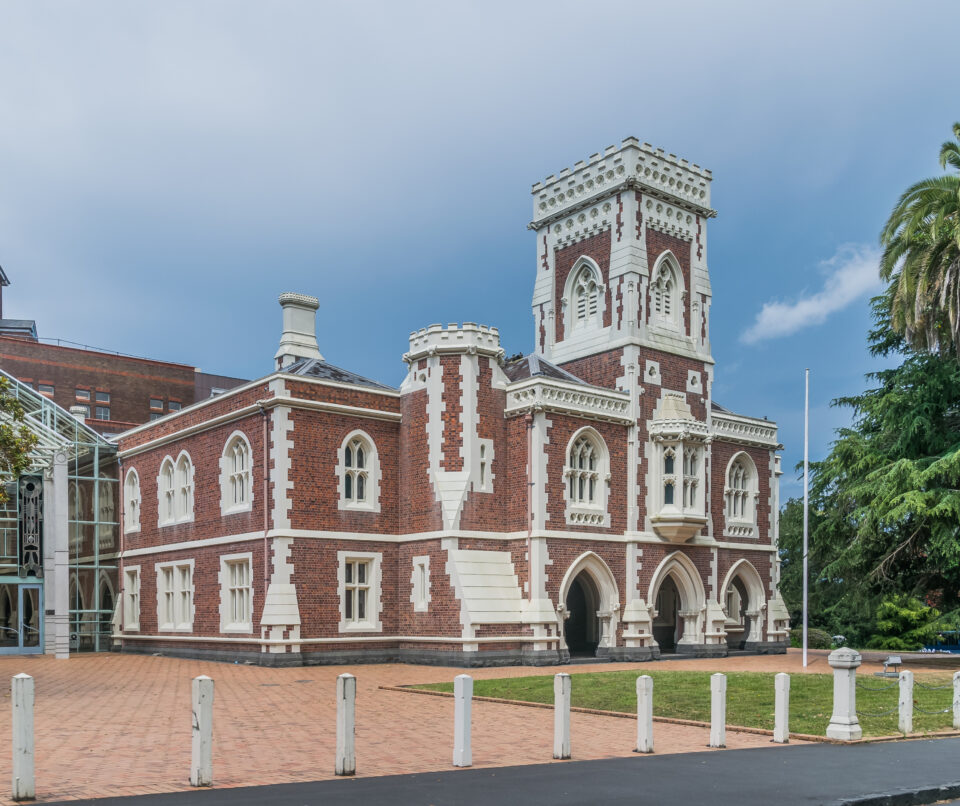By Frana Divich (Partner), Heaney and Partners.
In a recent judgement, the High Court rejected an application for an extension of time to serve a statement of claim under r 5.73 of the High Court Rules 2016 (Hobday v Selwyn District Council [2024] NZHC 550).
This case underscores the significance of adhering to procedural rules and the Court’s hesitance to allow plaintiffs to bypass limitation periods without valid justification.
The plaintiffs sued the Selwyn District Council (the Council) over poor workmanship on a property they purchased. Their claim was filed just one day before the 10-year longstop limitation period expired, as set by section 393 of the Building Act 2004. However, the claim was not served within the required 12 months of filing, as mandated by r 5.72(2) of the High Court Rules.
The plaintiffs sought an extension of time under r 5.73. They argued that the Court may grant such an extension if “reasonable efforts” have been made to serve the defendant or if there is another good reason. If the extension was not granted, the claim would be statute-barred and could not proceed against the Council.
Decision
It was common ground that the effect of the late service was that the proceeding was statute barred against the Council unless an extension of time was granted.
The Court noted that the Council had an accrued right of limitation under the Building Act 2004. The plaintiffs’ application effectively sought to extend the limitation period beyond 10 years, which the Court found problematic. The Court explained:
“Part of the reasoning for the long stop is that conducting litigation 10 years after the events in issue involves self-evident difficulties in respect of inter alia the availability of witnesses, the dimming of memories and the availability of records.”
The Court observed that the responsibility for the failure to serve the claim on time appeared to rest with the plaintiffs’ former solicitors, not the Council. When the plaintiffs first contacted the Council, it raised the 10-year limitation and advised them to seek legal advice promptly. The Court said:
“There is nothing to mitigate the prejudice to the Council. The Council bears no responsibility for the circumstances that have arisen regarding service of the proceedings, nor was it on notice that it may be subject to a claim — there is no suggestion by [the plaintiffs] that when they contacted the Council in September 2022, they raised a possibility about a claim against the Council.”
In evaluating the plaintiffs’ argument that they had a valid claim, the Court reasoned that the stronger the claim, the greater the prejudice to the Council if deprived of its limitation defence. While the plaintiffs might lose the right to sue the Council, the Court pointed out that this was a standard situation for anyone seeking an extension of time after the limitation period had expired. The possibility that the plaintiffs could not pursue a potentially valid claim did not, by itself, constitute sufficient grounds for an extension.
Moreover, granting the extension would effectively absolve the plaintiffs’ former solicitors of any apparent negligence. If the extension was refused, the plaintiffs could bring a negligence claim against the solicitors for losing the plaintiffs’ opportunity to sue the Council, and the Court noted that it was difficult to see how the solicitors could defend themselves in such a case. Therefore, assuming the claim against the Council had merit, the plaintiffs were not without a remedy.
The plaintiffs further argued that any claim against their former solicitors would likely involve the Council as a third party and that this would not be time-barred. However, the Court stated that the application should be assessed based on the current situation, and any potential third-party involvement was speculative.
The Court found that the possibility of the Council’s involvement in a future negligence case was insufficient to prevent it from asserting its valid defence in the present case.
Given these considerations, the Court concluded that there was no good reason to grant an extension of time for service under r 5.73. Consequently, the plaintiff’s application was denied. Costs followed the event, which meant the plaintiffs had to pay the Council’s costs because it was the successful party.
Conclusion
This decision emphasised the importance of lawyers strictly following procedural rules, particularly regarding filing and serving documents within specified time limits.
It also illustrates the Court’s reluctance to allow plaintiffs to sidestep limitation periods where the failure to comply was not attributable to the defendant and no valid reason existed for extending the time for service.


